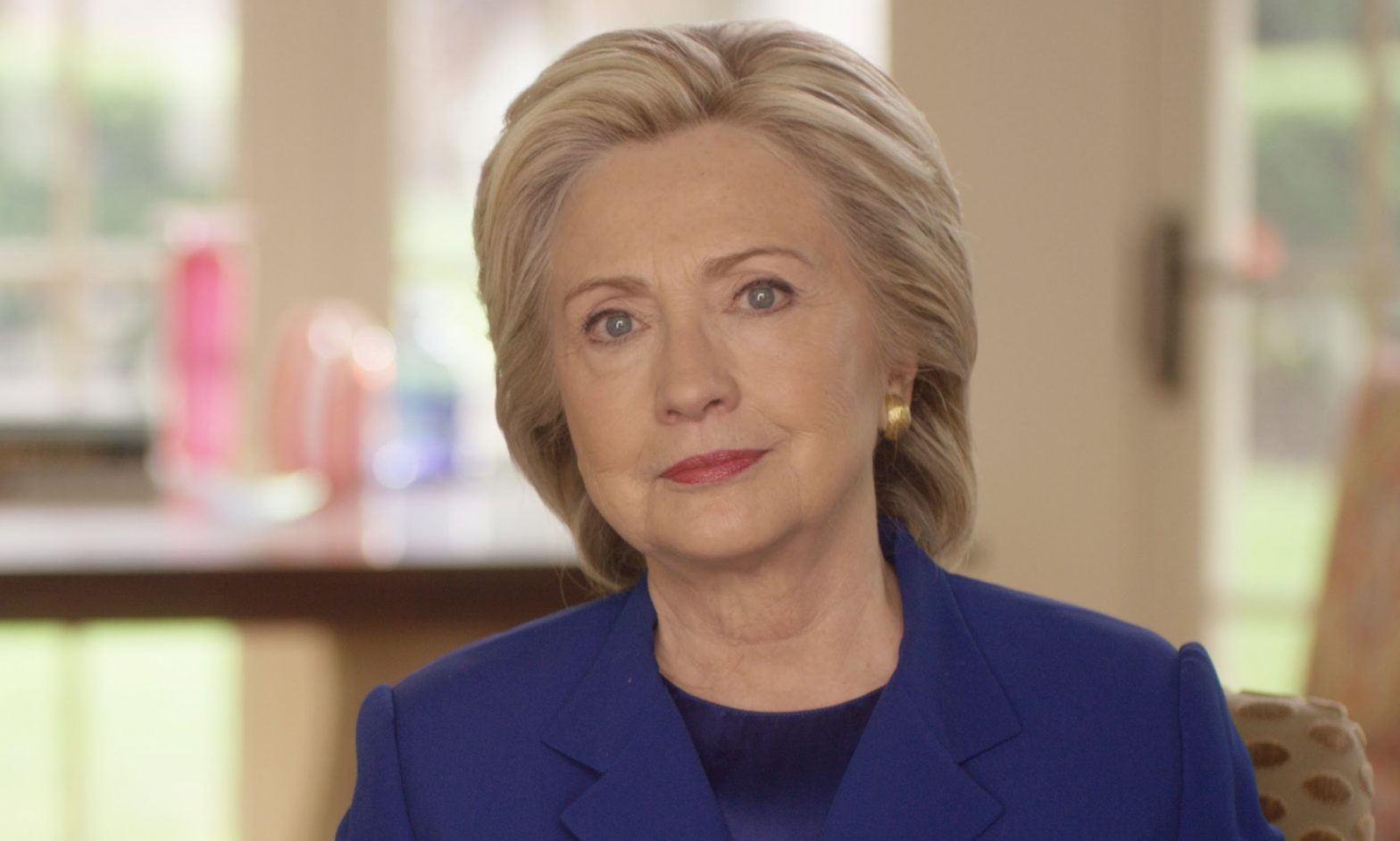We’re fast approaching that time of year when it’s impossible to watch an episode of New Girl without sitting through a campaign ad or two. Of the Democratic candidates for the 2016 campaign, Hillary Clinton is the clear frontrunner, but she’s encountered surprisingly serious competition from Independent Bernie Sanders as well as the possibility that Vice President Joe Biden will enter the race and jeopardize the already dwindling enthusiasm for her candidacy.
Clinton’s campaign is taking these issues seriously. Her first television ads, “Dorothy” and “Family Strong,” started airing in Iowa and New Hampshire on Tuesday and could set the tone for the 2016 Democratic primary. In both ads, Clinton focuses on her mother’s struggles, chronicling how she was mistreated and abandoned by her family but never gave up, perhaps to emphasize the unrelenting perseverance of Clinton herself. “Dorothy” in particular indicates that Clinton is determined to fire up female voters as she praises women all over the country who support their families as her mother did. Her message is clear here, but it also feels like pandering, over the top and just a little insincere.
“Family Strong,” meanwhile, features an air of cockiness with the phrase “you probably know the rest” in regard to her achievements following her tenure as First Lady. Furthermore, in “Family Strong,” a male voice explains that she became Secretary of State for the man who defeated her because when “the president calls, you serve.” But did she really join the Cabinet simply because the president asked her to? The voice-over here comes off as artificial, which is especially problematic for a candidate who needs to be seen as more relatable. Clinton can try to argue that she’s motivated by a commitment to public service, but she needs to do so in her own words (and with her own voice). All in all, the ad is basically a video resume, and “Grandma” is her most recent title, so her appeal to the value of family certainly isn’t subtle. What’s less clear is why Clinton glosses over her father’s role in her life. As Amy Chozick of the New York Times points out, not only her mother’s resilience but also her father’s combative spirit gave Clinton the willpower and determination to embrace the political battle once again, yet we rarely hear about him.
This omission in her campaign strategy is consistent with broader trends in the way Clinton has marketed herself over the years. We’re already familiar with her accomplishments as First Lady, Senator, and Secretary of State, but after all of her years of public service we still have a lot to learn about what truly drives her. What made her stand by her husband even after the Monica Lewinsky scandal, when she showed that feminine strength is not mutually exclusive from compassion and forgiveness? What actually motivated her to accept President Obama’s invitation to be Secretary of State? She seeks the presidency for “all the Dorothys all over America,” but how is that sentiment supposed to set her apart from any other candidate who has ever run for office? Clinton is arguably one of the most successful and renowned women of the 21st century, so why does she need “President of the United States” to top her already remarkable resume? In order to capture the hearts of voters, Clinton needs to get better at communicating the diversity of influences in her life. Americans have struggled to identify with the Democratic frontrunner, and her new ads won’t make it any easier for them.

